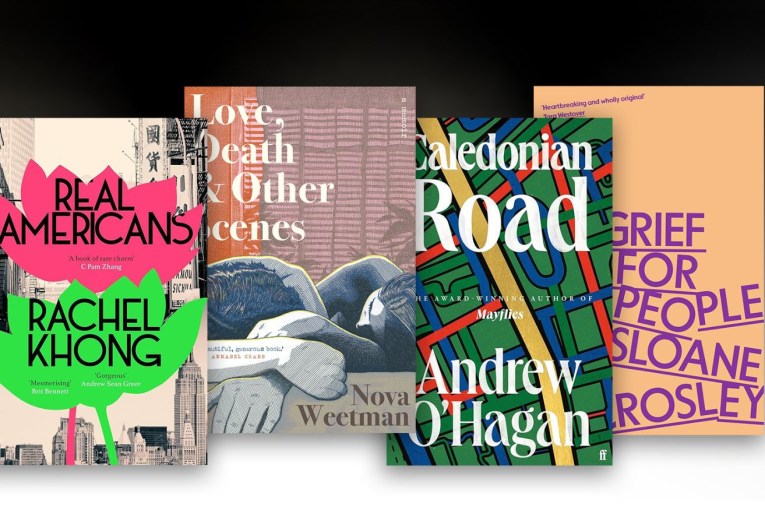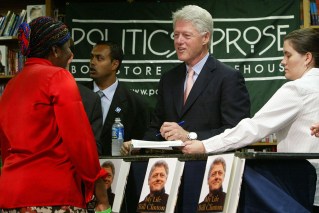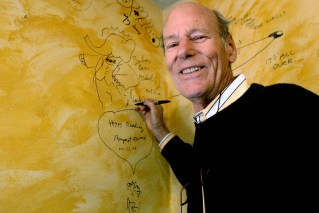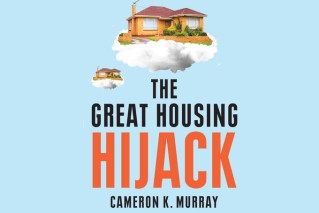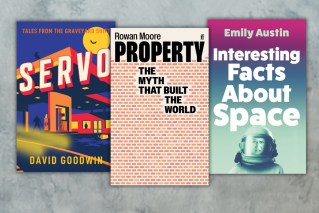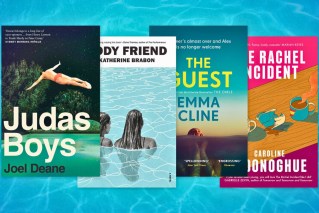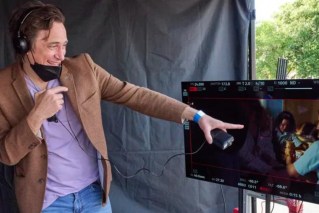Ten Terrifying Questions™ with Maxine Beneba Clarke
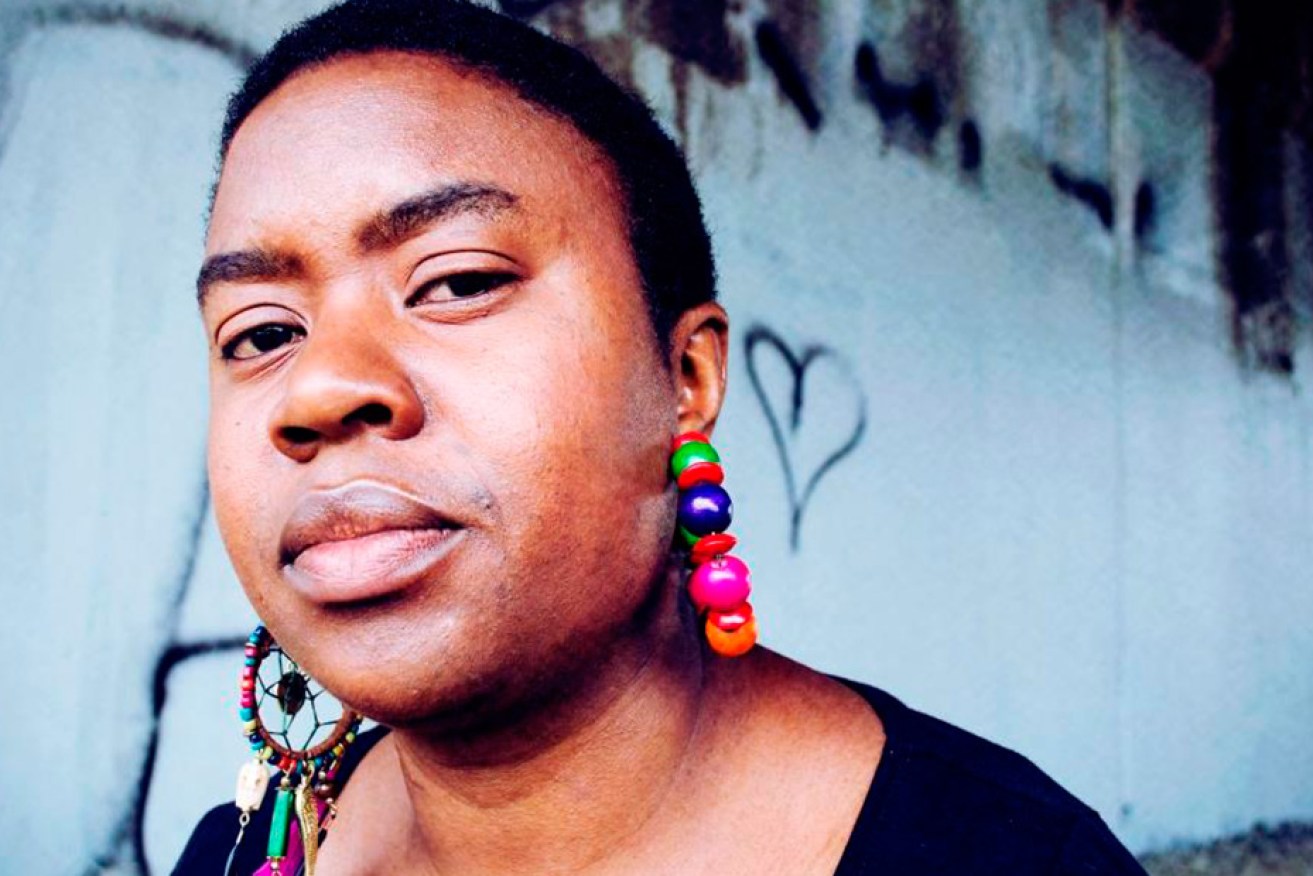
Nicholas Walton-Healey
Maxine Beneba Clarke is the Afro-Carribean-Australian author of short fiction novel Foreign Soil. While the Melbourne-based writer was knocked back numerous times for deep and gritty characters and storylines, she went on to win the 2013 Victorian Premier’s Literary Award for an unpublished manuscript, and the rest is history.
Foreign Soil has now been released in paperback to critical acclaim. Ms Clarke, who has hints of the British writer Zadie Smith in her repertoire, spoke to Booktopia about her upbringing, her influences and being black in white Australia.
Ms Beneba Clarke answers Booktopia’s Ten Terrifying Questions ™ below.

1. To begin with why don’t you tell us a little bit about yourself – where were you born? Raised? Schooled?
I was born and raised in Sydney, schooled in Sydney’s outer West (Kellyville and Baulkham Hills), before going to University on the South Coast (Wollongong). But now my home is in Melbourne’s West. I’m Australian, but of Afro-Caribbean heritage. In many ways, I feel like I’m a global citizen. Africa, England, the Caribbean and South America are all a part of my family’s migration journey.
2. What did you want to be when you were 12, 18 and 30? And why?
When I was 12 I wanted to be white: because almost everyone around me was, difference was frowned upon and I felt my blackness was the bane of my existence. When I was 18, I wanted to be right, because I was young and arrogant and ‘invincible,’ and ‘knew better’ than everyone around me. When I was 30, I wanted to be wise, because by then I had realised that wisdom was the greatest asset you could carry with you in life.
3. What strongly held belief did you have at eighteen that you do not have now?
That the world would eventually sort itself out. That good would eventually triumph – that there was an intrinsic and innate sense of justice inside every one of us that would gradually lead to some kind of universal understanding about humanity, and about what we owe to each other as human beings. I truly believed that my generation was more in tune, would be smarter, would be more compassionate, would act with both head and heart on issues like climate change, world hunger and asylum seekers. That we were destined to clean up the mess our well-meaning parents seemed to be making around us. How tragically wrong I was.

Author Maxine Beneba Clarke
4.What work of art – book or painting or piece of music, etc – had a great effect on you and influenced your own development as a writer?
Picasso’s Guernica.
5. Considering the innumerable artistic avenues open to you, why did you choose to write a fiction collection?
Short stories are true soul-food. They allow you to capture a reader in a short time, they allow you to tease with possibility. They entice the reader to engage long after the story has finished. Short stories let you start a dialogue and, I believe, have the potential – much more so than longer fiction – to bleed into the life and consciousness of the reader. How does the story end? What’s going to happen to the angry black kid after he throws that Molotov? Does the young red-haired lawyer turn her car around and drive back to the Detention Centre? Will that scared little boy ever return to Mississippi and if he does, what kind of welcome will he find?
6. Tell us about your latest novel.
In Melbourne’s western suburbs, in a dilapidated block of flats overhanging the rattling Footscray train lines, a young black woman is working on a collection of stories. The book is called Foreign Soil. Inside its covers, a desperate asylum seeker is pacing the hallways of Sydney’s notorious Villawood detention centre, a seven-year-old Sudanese boy has found solace in a patchwork bike, an enraged black militant is on the warpath through the rebel squats of 1960’s Brixton, a Mississippi housewife decides to make the ultimate sacrifice to save her son from small-town ignorance, a young woman leaves rural Jamaica in search of her destiny and a Sydney schoolgirl loses her way. The young mother keeps writing, the rejection letters keep arriving … Foreign Soil was the winning manuscript of the 2013 Victorian Premier’s Award for an Unpublished Manuscript, and is written in English, broken English and accented English.
Buy Foreign Soil here from Booktopia
7. What do you hope people take away with them after reading your work?
I hope readers come away from Foreign Soil with more compassion, care for, and connectivity to, people pushed to the fringes of society. I hope their hearts are fuller, and more generous. I hope the book shifts something in them, in some way, for the better.
8. Whom do you most admire in the realm of writing and why?
I admire risk-takers and trailer-blazers. I admire writers who don’t shy away from the difficult, or the heartbreaking, or the overtly political. I like writers who tell it like it is, who are curious, daring and generous with their emotions. I like to read writers who leave a little of themselves in each of their works, because I know how difficult and emotionally taxing that is to accomplish. I like to read work from writers who push forms and genres to the limit. I like writers whose characters are so real you could reach out and hug them, (or slap them, as the case may be). I like contemporary fiction and non-fiction, and try to read a lot of Australian writing. Recently, I’ve enjoyed reading work by Jamaica Kincaid, NoViolet Bulawayo, Jeff Sparrow, Chris Abani, Josephine Rowe, Tony Birch, Alice Pung and Jesmyn Ward. But oh, the list could go on.
9. Many artists set themselves very ambitious goals. What are yours?
I want to write. I want to always be articulate enough to start the conversations I’d like to start, and to hopefully have the privilege of always having those conversations find their way to the shelf. I’d like an ongoing dialogue with my readers. Writing is in many ways such a solitary pursuit, and I’d love for it to be a social one too, as it’s very much my way of digesting what’s going on in the world, making sense of things. I hope also though, that readers get pleasure from reading my work, that it’s something they do enjoy reading.
10. What advice do you give aspiring writers?
Keep writing. And keep learning. And most of all, keep submitting and editing. If you want to make a career out of it, look at writing as a marathon, rather than a sprint. Passion is key, but restraint and pace are also crucial in the long-term, or you burn out. And read. For Christ’s sake, you have to read. Read as much as you can, and then re-read as much as you can, and then dissect what it is you love about the books you do read and love.
This article appears courtesy of Booktopia.
